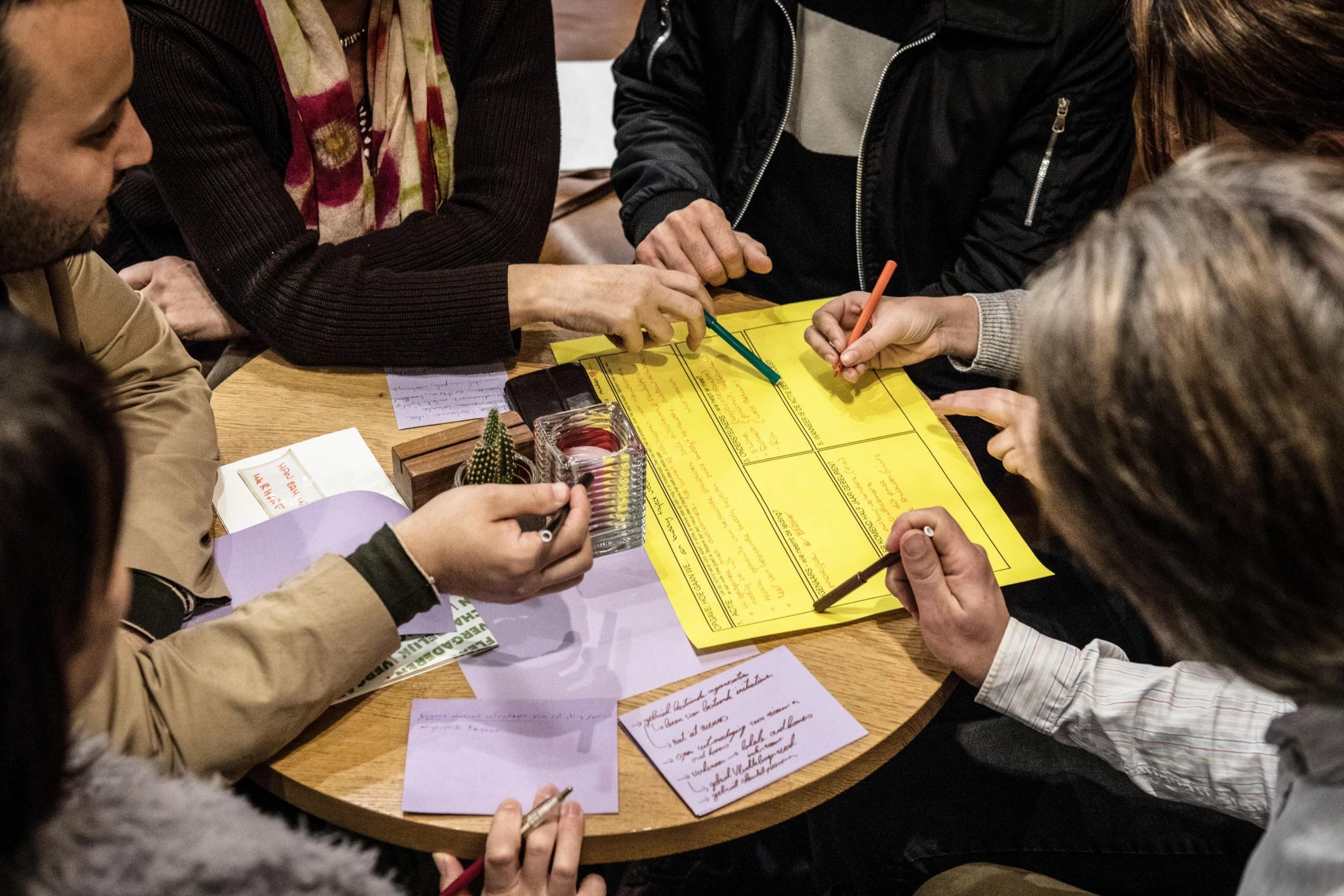Leisure

Leisure activities familiarize newcomers with the cultural customs of a country, city or village. In addition, they contribute to new social contacts, self-development, language practice and general well-being.
Insights
Leisure activities can play a major role in establishing social contacts and improving mental well-being.
In a "regular service context," people often come up with the most pressing and concrete questions. As a result, the theme of leisure is not often something that is signaled. While within several projects we see that these questions emerge in deeper and longer conversations.
Access to leisure activities increases (indirectly) access to other indicators. Equal participation in a leisure activity, for example, leads to good social contacts and improved mental well-being. In turn, a larger network of social contacts is an important source of information and informal access to opportunities, for example for work, education or care.
>> Action Research Direct Participation
Design questions
How do you ensure adequate leisure time newcomers?
How can we facilitate that newcomers have enough free time to engage in new social contacts and practice the language in practice, without drastically reducing the number of teaching hours (integration)?
How do you make activities approachable?
How can the offer of leisure activities be accessible and meet the diverse needs of all local residents? And how does this offer come to the attention of newcomers?
How do we make leisure activities accessible?
How can we ensure that leisure activities are accessible to newcomers? Even when they are undocumented or have a temporary residence perspective (such as people who are in the Netherlands as migrant workers)?